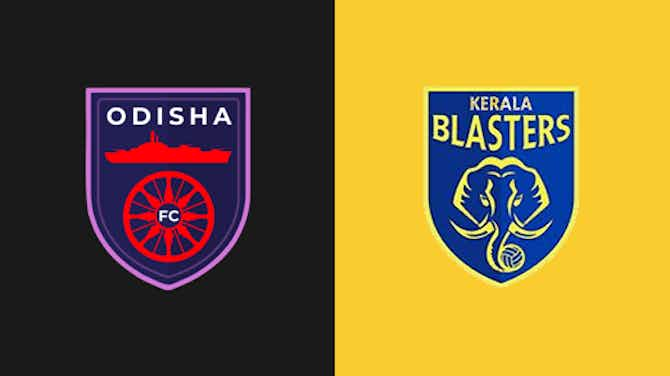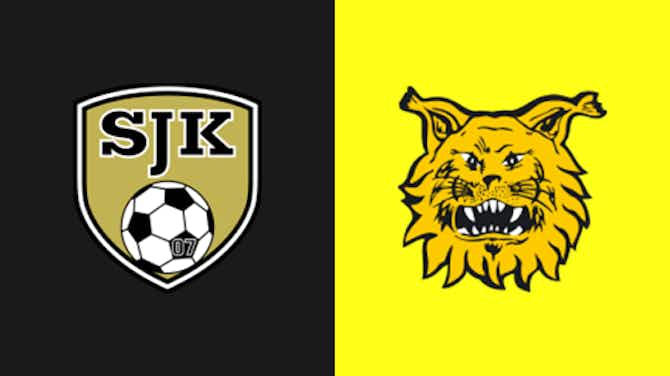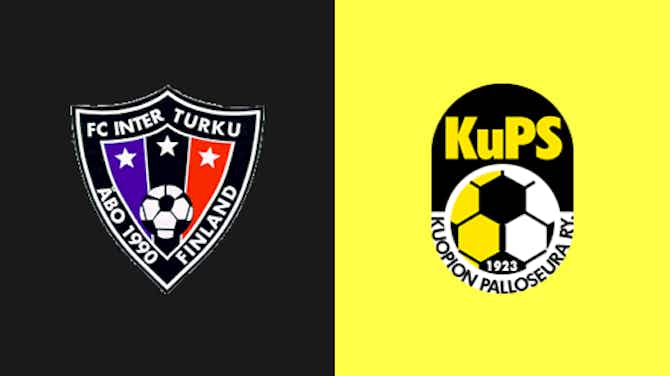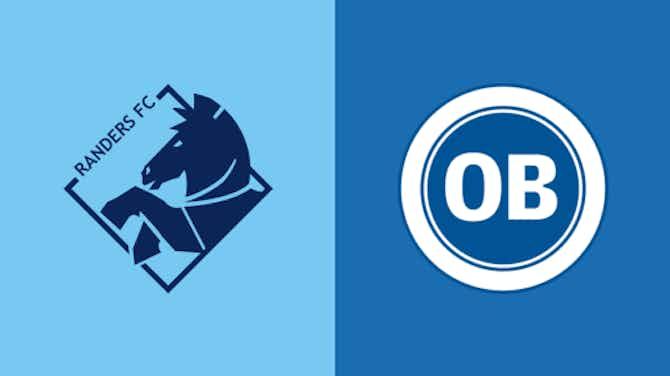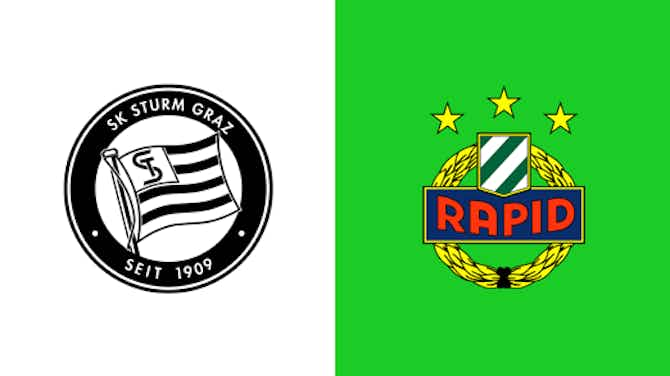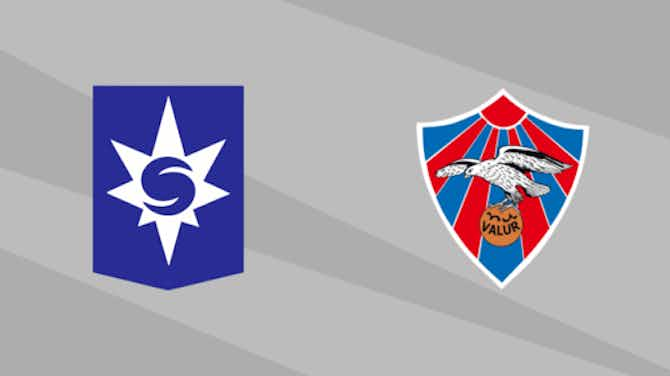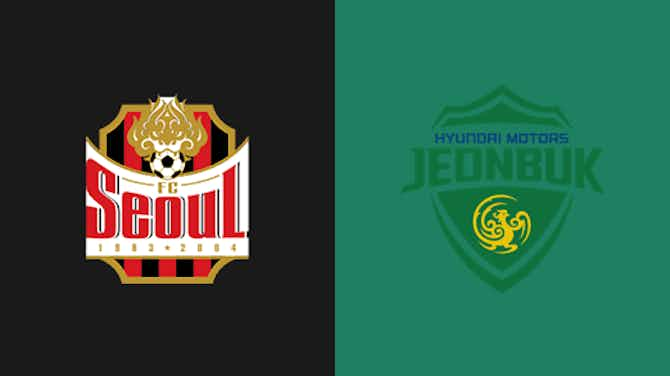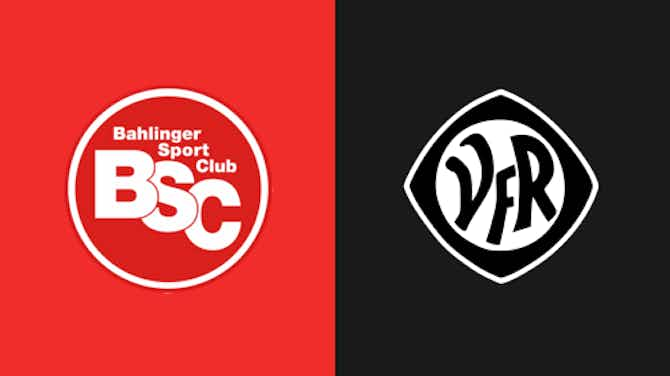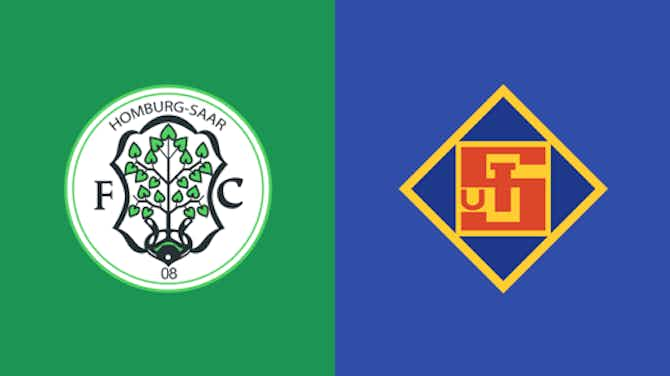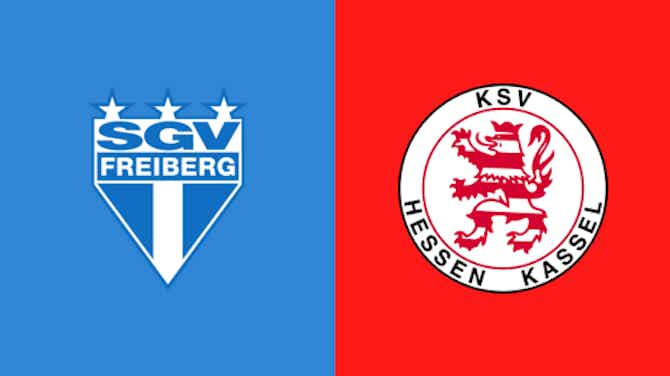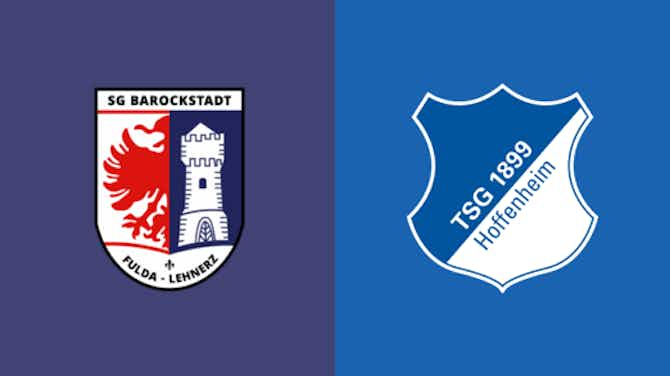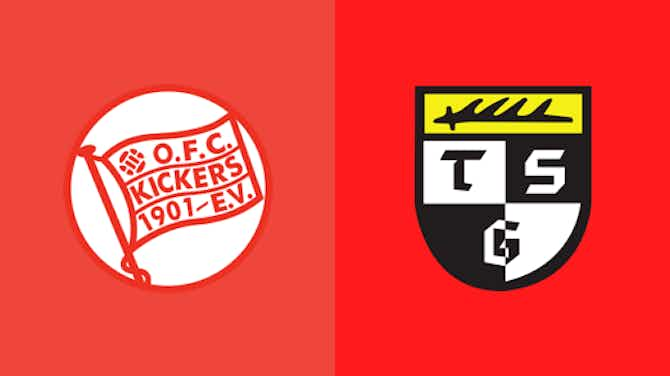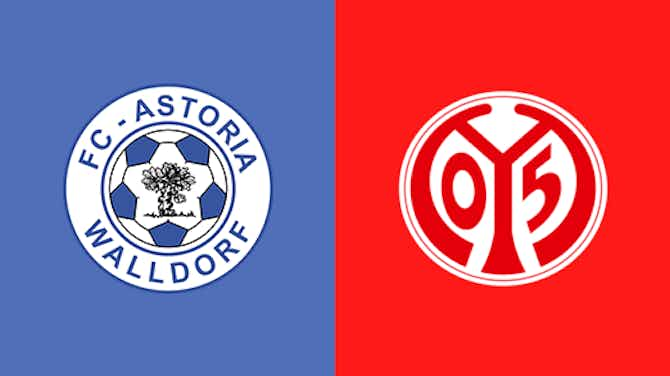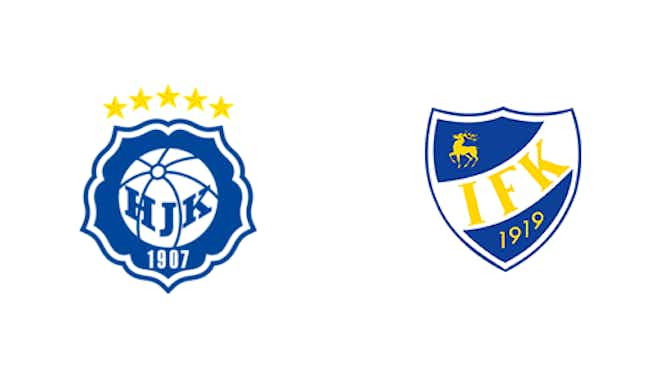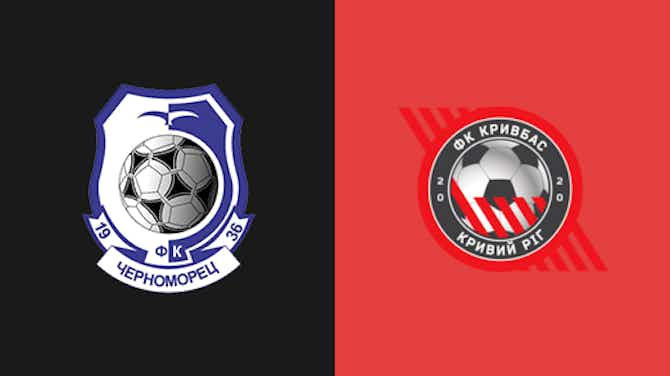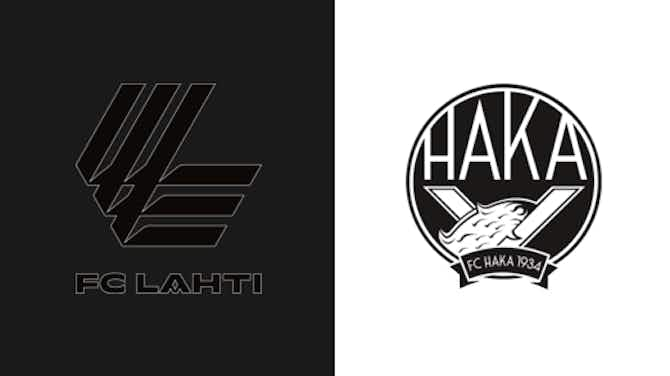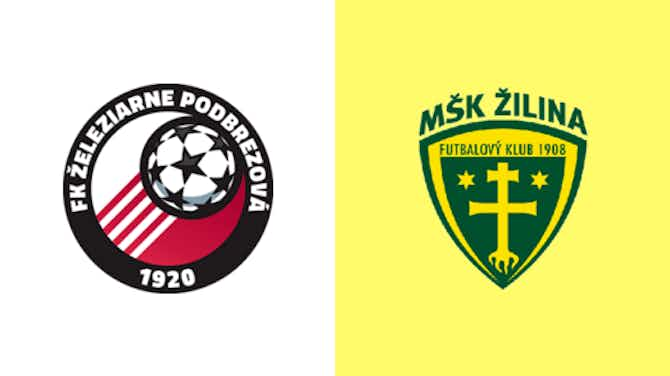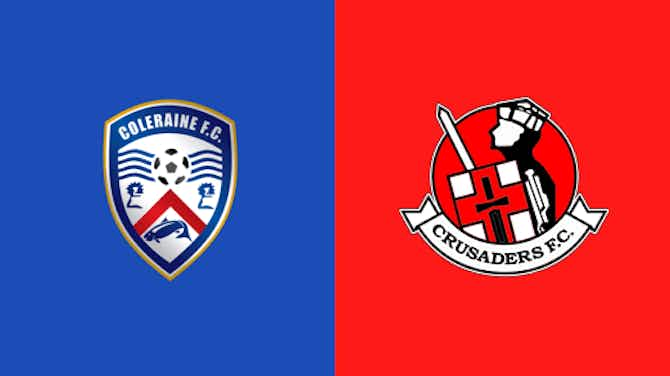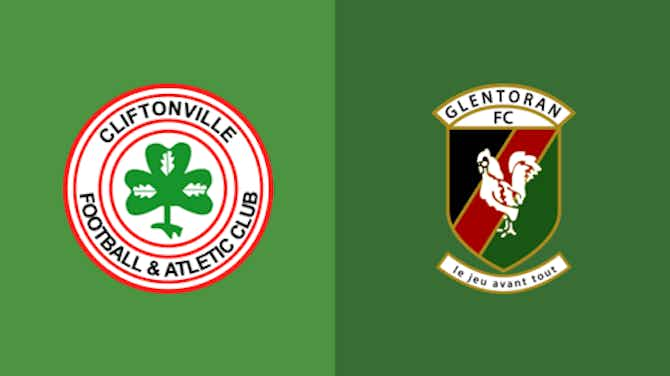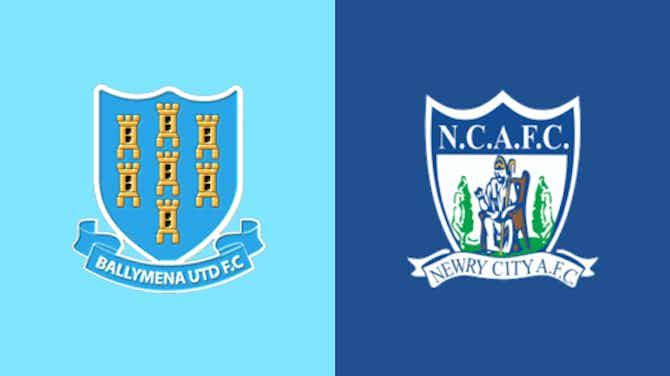Just Arsenal News
·25 May 2022
Arsenal History 1986 – 1996: The George Graham Glory years but end in disgrace
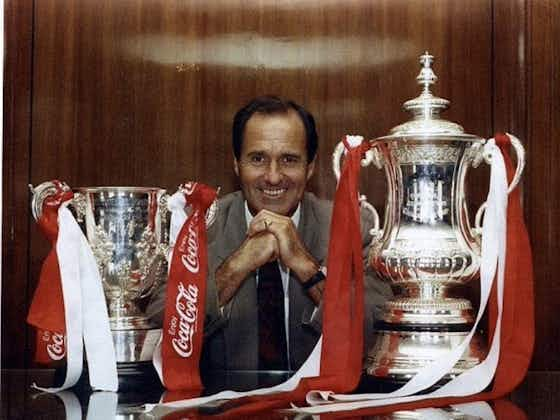
Just Arsenal News
·25 May 2022

Our History continued: 1986-1996 – including Tony Adams, Ian Wright and the era that brought us George Graham and the foundations he laid for the Club’s modern-day success!
Losing manager Don Howe in 1986 meant we were on the hunt for yet another manager.
Shortly after losing Howe, in May 1986, a century after we were founded, in came George Graham who was no doubt on the hunt for our first trophy in seven years… but would he be as successful a manager as he was a player?
Read on to find out…
If ever there was a person to turn to to become the latest manager of the club it would be a hero of the double winning side of 1970-71 wouldn’t it..
And so it was indeed George Graham who was incoming, and the Scotsman was at the helm of the club as we went looking for our first trophy in seven years after a low period for the club under Neill and Howe.
Losing the FA Cup and European Cup Final’s during their reign meant we would lose some of our most key players, which would see Liam Brady, who had been named Player of the Year three times running, sign for Juventus, and then Frank Stapleton moved on to Manchester United.
And so, without stepping foot in the club, Graham had a tough task ahead of him.
Graham came to the club off the back of having a successful managerial spell at then Third Division based Millwall, and after finishing in fourth place in his first season in charge, his young Arsenal side went on to win the 1987 League Cup, beating Liverpool 2–1. This would be our first silverware since the FA Cup in 1979.
We reached the Final the following year too, but were denied by Luton Town in a 3-2 loss.
Perhaps the “young” side was a measure of things to come as the future of Arsenal, their players and the philosophy, even to this day is the same. As we know we always give chances to the young players, none more so then the ones who come through the academy.
It could be said that Graham’s rein was notable mainly for the strict discipline put in place both on and off the pitch. But it was clear to see that he was a rather stubborn manager and instilled discipline and a strong work ethic within the team from day one.
He no doubt gave a refreshing feel to the club and revived them from their slumber though and this became apparent when you looked at the team, as defensively we were second to none.
Setting out to build a back four that would serve us well for over a decade they did just that. Graham had the likes of centrepiece defender Tony Adams who played alongside Lee Dixon, Nigel Winterburn and Steve Bould and these players would go on to become the bedrock of our defence, all while playing behind the likes of young stars that Graham had brought through.
A talented generation of players such as David Rocastle, Michael Thomas and Tony Adams as well as Paul Merson and striker Alan Smith would all go on to be and play a big part of the team and would go on to provide the attacking threat for the Gunners, and each player would etch themselves into our long and at times successful history.
It wouldn’t be until his third season in charge though, the one of the 1988-89 season, that Graham would really put his name in to the history books when it came to being our manager.
That season and more specifically the last day of the season would go down as the most dramatic title triumph in league history.
Although Graham didn’t kick a ball himself, his team selections that included the likes of Smith and none other than Thomas would gift us the title at Anfield in a 2-0 win that would forever be remembered as Anfield 89’. We needed to win by two goals and we did, in nothing short of dramatic fashion!
This would be our first league title since 1971, the year Graham was in the side as a player himself.
The iconic celebration of Thomas and his teammates, whenever I see and hear it will forever give me goose bumps and I wasn’t even there!
After our first Division One triumph for 18 years, expectations of the club and their achievements were high and we were expected to bring in a new period of dominance in English football.
However, it didn’t seem to be the case and the following season we had a period of inconsistencies yet again. This meant that all Graham’s men could achieve was a mere and at the time quite a disappointing fourth-placed finish in the 1989-90 season.
It became clear that on this run, reinforcements were going to be needed and so in came Swedish midfielder Anders Limpar and a Queens Park Rangers goalkeeper by the name of David Seaman who were both brought in immediately.
Ahhh Seaman…A name that is still on the lips of many Arsenal fans today as are most of the players from that era!
Well the two new recruits didn’t disappoint and both players proved vital to a title win.
In the 1990-91 season Arsenal won a second title and reached the FA Cup semi-finals, although they lost out to arch-rivals Tottenham Hotspur, and this loss was to never be mentioned again as it was deemed irrelevant😉
Despite that loss to Sp*rs though we lost just one league game all season. This came in our 24th match of the league campaign against Chelsea on 2nd February.
And so we won the league that year though even though we had a two-point deduction for a mass brawl in a 1-0 win against Manchester United at Old Trafford but we managed to take that blow on the chin and went on to win the title by seven points, losing just one game while conceding only 18 goals. This all occurred with key man Adams in prison after he was given an eight-week sentence, but despite all of that we romped to the Division One crown.
It seemed as though every time we won a trophy the next season was not to be as successful as once again we were unable to build on our league success and yet again a fourth-place finish followed in 1992-93.
The league title continued to evade us in the following seasons but Graham’s Arsenal became cup specialists and in 1992–93 we became the first side to win the FA Cup and League Cup double, both times beating Sheffield Wednesday 2–1 in the League Cup Final and 2–1 in the FA Cup Final replay and this was a testament to the fact that we were a highly-efficient knock-out team and enjoyed the cup competitions no doubt.
But it was back in the autumn of 1991 that one of the most iconic, important and down to earth legends and players to grace our club would soon join.
Graham signed a striker who would break the club’s all-time top scoring records in years to come, when he signed none other than Ian Wright, who came over from Crystal Palace and by doing so led the club into our first entry in the European Cup for twenty years. However, the adventure was short-lived and we were knocked out by S.L. Benfica in the second round.
The 1991–92 season would bring about more disappointment though when we were knocked out yet again from the FA Cup in the third round by lower league opposition Wrexham. Although back in the league we finished in fourth.
After this season, Graham changed his tactics and he became more defensive while putting out far less attack-minded sides as we depended mainly on goals from Wright rather than the whole team.
Between 1986–87 and 1991–92, Arsenal averaged 66 League goals a season scoring 81 in 1991–92, but between 1992–93 and 1994–95 we only averaged 48, this included just 40 in 1992–93, when the club finished 10th in the inaugural season of the FA Premier League, scoring fewer than any other team in the division.
In the 1993-94 season we won the UEFA Cup Winners’ Cup, our second European trophy. In the final we beat favourites and holders Parma 1–0 in Copenhagen, with a tight defensive performance and an Alan Smith 21st minute goal from a left foot volley.
This would be only our second silverware on the continent and this would prove to be Graham’s last trophy.
It was on 21st February 1995 that Graham, who had led Arsenal to six trophies in eight seasons, lost his job after a Premier League inquiry found he had accepted an illegal £425,000 payment from Norwegian agent Rune Hauge following Arsenal’s 1992 recruiting of John Jensen and Pål Lydersen, two of Hauge’s clients.
Graham was eventually banned for a year by the Football Association for his involvement in the scandal after he admitted he had received an “unsolicited gift” from Hauge.
At the time, Arsenal were struggling a little in the league, had lost a League Cup quarter final to Liverpool, been dumped out of the FA Cup after a third-round replay by Millwall, and as Cup Winners’ Cup holders had also lost the Super Cup to AC Milan.
And so his departure from Arsenal came 10 months after European glory bringing an end to a rather glittering nine-year spell at Highbury. It also marked the closing of a chapter in which we had made a name for ourselves as a team of spoilers, admired for our loyalty to a compact strategy.
Yet again we were on the hunt for a new manager and in came Graham’s replacement in the shape of Bruce Rioch who came in in the 1995-96 season and guided us to a UEFA Cup place as we finished fifth in the league. This was achieved on the last day of the season at the expense of Everton, Blackburn Rovers and Tottenham Hotspur.
Arsenal also reached the League Cup semi-finals, but lost on away goals to Aston Villa, and were knocked out of the FA Cup in the third round by First Division side Sheffield United under Rioch.
According to former Arsenal player Adrian Clarke, Rioch was known for his intensive training methods but unfortunately couldn’t put this to practice in winning trophies for the club.
After just one season in charge and just before the beginning of the 1996–97 season, Rioch was sacked, after a dispute with the club’s board of directors over transfer funds and his relationship with Vice-Chairman David Dein whom would be at the club from 1983 until 2007, worsened over time during his tenure..
The 1997-98 season would be the 100th year that we would play competitive football yet we were still in need of a permanent manager after appointing Stewart Houston and later Pat Rice in temporary charge of the first team in the 1996 season.
This all occurred while we searched for a full-time successor. Although Barcelona player and manager Johan Cruyff was favourite to take over, the board decided to look elsewhere, eventually backing Dein’s proposal to hire a man from Nagoya Grampus, someone who nobody had ever heard of before.
His appointment was delayed as he was still under contract with the Japanese club though and as he wasn’t there yet the Arsenal board continuously refused to confirm the identity of their next manager.
However, we did make some signings public and in would come French midfielders Patrick Vieira and Rémi Garde.
So, this era gave us Anfield 89’, George Graham, Michael Thomas, Ian Wright, a number of trophies, a number of stars and Rioch at the helm for one season only!
Yet from later on in 1996 one of the best if not the best managers was about to come next!
To be continued….
Shenel Osman
@sh3n3l_
CALLING ALL ARSENAL FANS! Anyone who would like to contribute an Article or Video opinion piece on JustArsenal, please contact us through this link…
Learn more about Arsenal’s proud history – Decade by Decade CLICK HERE to visit our new Arsenal History section
